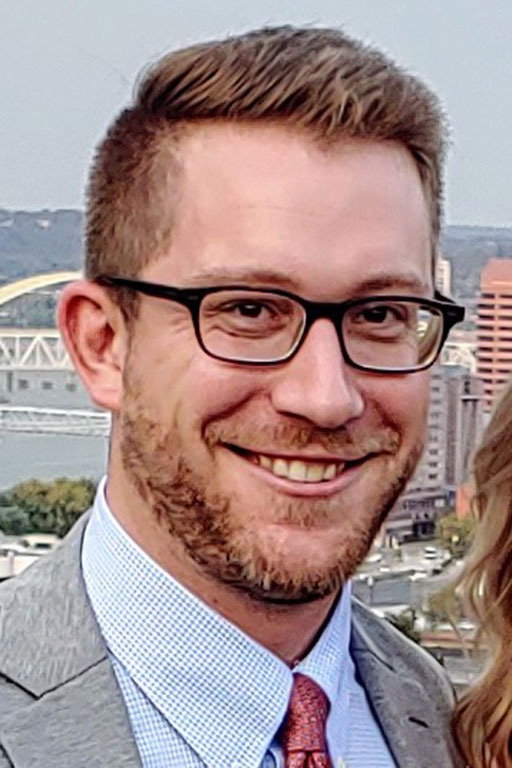“My role as Disability Rights and Advocacy Specialist with CILO is to engage in both individual and systems-based advocacy for the individuals with disabilities that live in our communities,” Ober explained. “With individual advocacy, I provide guidance and supports for someone with a disability to learn how to better advocate for themselves in different situations in their lives. I may also provide direct assistance to a person we serve that has an issue with things such as workplace or housing discrimination, questions about healthcare benefit options for someone with a disability, or how to contact local or state agencies to get information or resolve questions or concerns.”
“In systems-advocacy, I serve on local and state coalitions and committees as the CILO representative to promote changes in laws, policies and practices that are either issues identified by people with disabilities as ones they want changed or would create better opportunities for inclusion and independence within their communities,” he added.
On first glance, it might not seem obvious how Ober’s doctorate degree helps him with his job. But he says it has an immense impact on how he works: identifying issues and solutions within policy problems and thinking and writing critically for various audiences, not to mention his focus on educational rights and policies for students with disabilities, are all skills he strengthened through getting his Ph.D.
“Ultimately, my training in education policy has given me a tremendous foundational understanding of how people with disabilities should be respected and supported from school-age through adulthood,” he said.
His dissertation, “Accountability Matters: A Qualitative Content Analysis of State Restraint and Seclusion Laws,” was a study where Ober identified every state that had a law regulating if or when schools and staff could use physical restraint or place a student in seclusion if the student is doing something physically dangerous or potentially harmful to students or staff. He found 47 states had such a law and then compared those laws to one another to determine what states were commonly allowing, prohibiting or requiring when a restraint or seclusion would happen.
“While states commonly included those topics in law, the way those topics were defined or described were often not similar at all. I also found that very few state laws included any kind of consequence or penalty if schools or staff violated the laws. In other words, the state may have created a law, but did not include any way to enforce that law or make sure schools and staff are following its rules,” he explained.
Ober’s dissertation took two years to complete, with countless hours of reviews, edits, feedback and rewriting. The importance of this work has been nationally recognized with the prestigious Joseph C. Beckham Dissertation Award from the Education Law Association. Ober was surprised and excited when he heard he won the award.
“For me, having national recognition for something I had committed two years of my life to complete was extremely gratifying and made me feel proud in the work that I had done,” he said. “The Education Law Association consists of experts in their fields, many of whom have spent years and decades working on educational law and policy issues. To have a group of those people commend me on work I have done made me feel as though I have done something that can potentially have a widespread, beneficial impact on educational policies and practices.”


